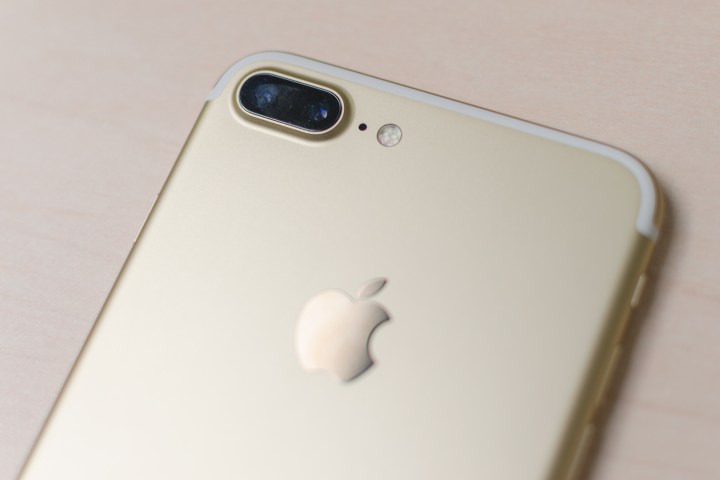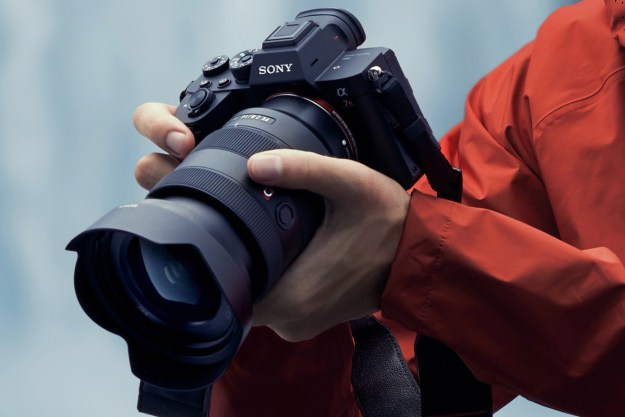
While all of this is happening, though, interchangeable lens cameras (ILC) have seen their share of the market grow as consumers look for the expandability, reliability, and quality of a DSLR or mirrorless camera system to complement their smartphones. Statista has a graph based on data from the Camera & Imaging Products Association (CIPA) that shows just how far the camera market has fallen in just the last five years but it also shows the growing rise in popularity of ILC systems.
The question being asked by the infographic is one of despair for the camera market in general: Have smartphones killed the camera market? Well, if you go by just these numbers, the answer to that is pretty clear, the market is nowhere near as large as it was five years ago with this year being on track to be the worst year for the camera market in more than 15 years.

It would be safe to say that dedicated cameras are now the purview of advanced amateurs and professionals, those who understand the art of photography and the need for the features, customizations, and accessories that come with a dedicated camera system.
You could also say though that interest in photography has never been higher, with more pictures being taken than ever before, and with people creating amazing art with just the camera in their phone. So while the numbers would support the claim that smartphones are killing the camera market, it is important to separate that from the interest in photography, which is clearly thriving.
Mor information on these camera sale numbers can be found over on the Statisa website, here.
Editors' Recommendations
- The future of blood oxygen monitoring lies with your phone’s camera
- The best iPhone camera accessories for 2022
- The best point-and-shoot cameras
- How to choose a camera: The ultimate guide to buying the right gear
- The best bridge cameras


